Geddy Lee talks Rush's 2112 track-by-track
Frontman on the band's classic album, 40 years on
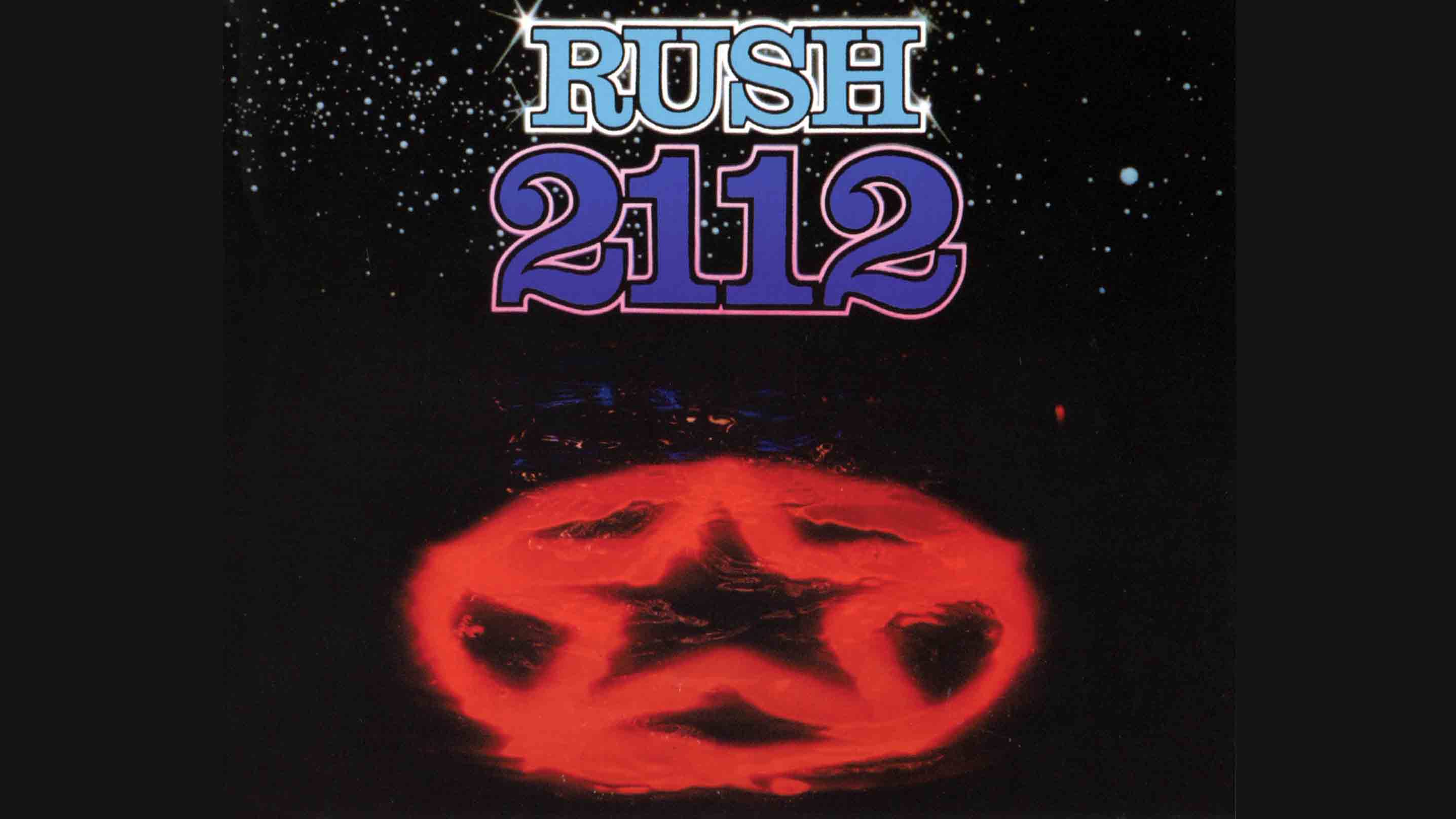
Introduction
For an album set in a far-distant, dystopian future yet also celebrating its 40th anniversary later this April, there’s a small sense of irony in feeling the years have been kind to 2112.
The fourth studio album from Rush sounds just as inventive and thrilling today as it did the day of its release – perhaps even more so when considering the long list of musicians that have drawn inspiration from the Canadian progressive rock master’s greatest opus.
“Our fanbase is intense in their curiosity over what we’re about,” says singer/bassist Geddy Lee. “Maybe it’s something they sense in us, the fact that we are who we are. Nobody’s pretending to be something; we’re generally trying to play as hard as we can and make it as interesting as possible. And maybe that engenders a response to the authenticity of our work… it’s an honest statement of where we are musically and lyrically.”
Our fanbase is intense in their curiosity over what we’re about
With their future remaining shrouded in mystery, Lee telling us that they’re “not sure how many tours, if any, are left in us” back in December, now feels like a good a time as any to look at what they have achieved in 48 years as a band.
And even twenty albums in, 2112 remains a firm fan-favourite for its brain-tickling ambitiousness and meticulously crafted sonic majesty. Lee walks us through the various chapters of its conceptual sublimity… “if I can remember what they all are, that is!”
Don't Miss
Rush's Geddy Lee talks R40 Live and future prospects: "Our touring life might be over"
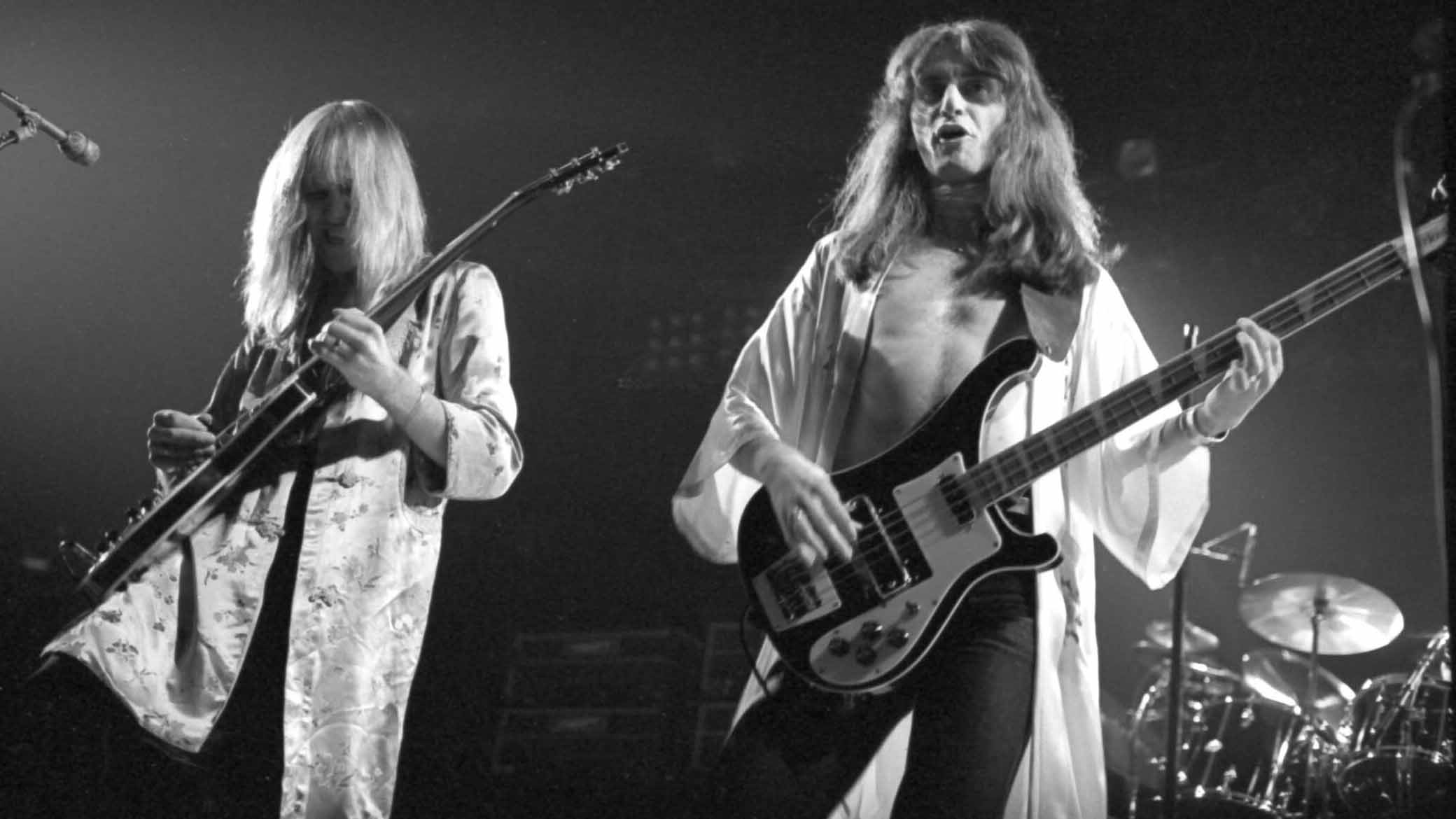
I. Overture
“It begins with the Overture, which – despite being the first thing you hear – was the last piece to be written, much like with any classical overture.
“We wanted to take the most important musical threads from each of the subsequent parts to create a ‘new’ piece of music that would represent the album as a whole. So that’s where it all starts...”
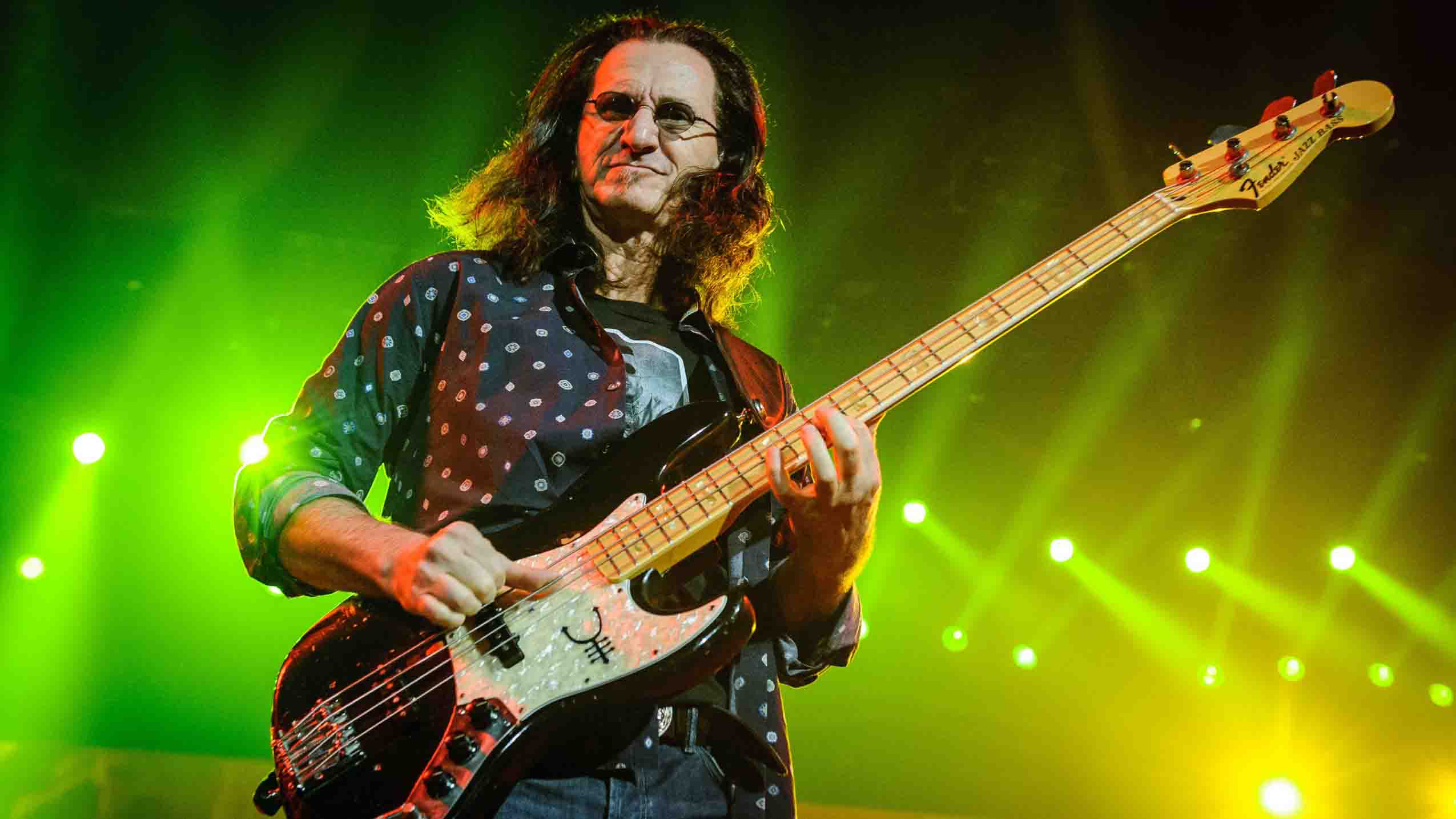
II. The Temples Of Syrinx
“And then The Temples Of Syrinx sets the scene, because 2112 is about a totalitarian society that controls everything about your life, including the music that you hear.
“It manufactures it all, so that’s what we wanted to say with this track. It sets up the hierarchy in this futuristic world that we’ve arrived in.”
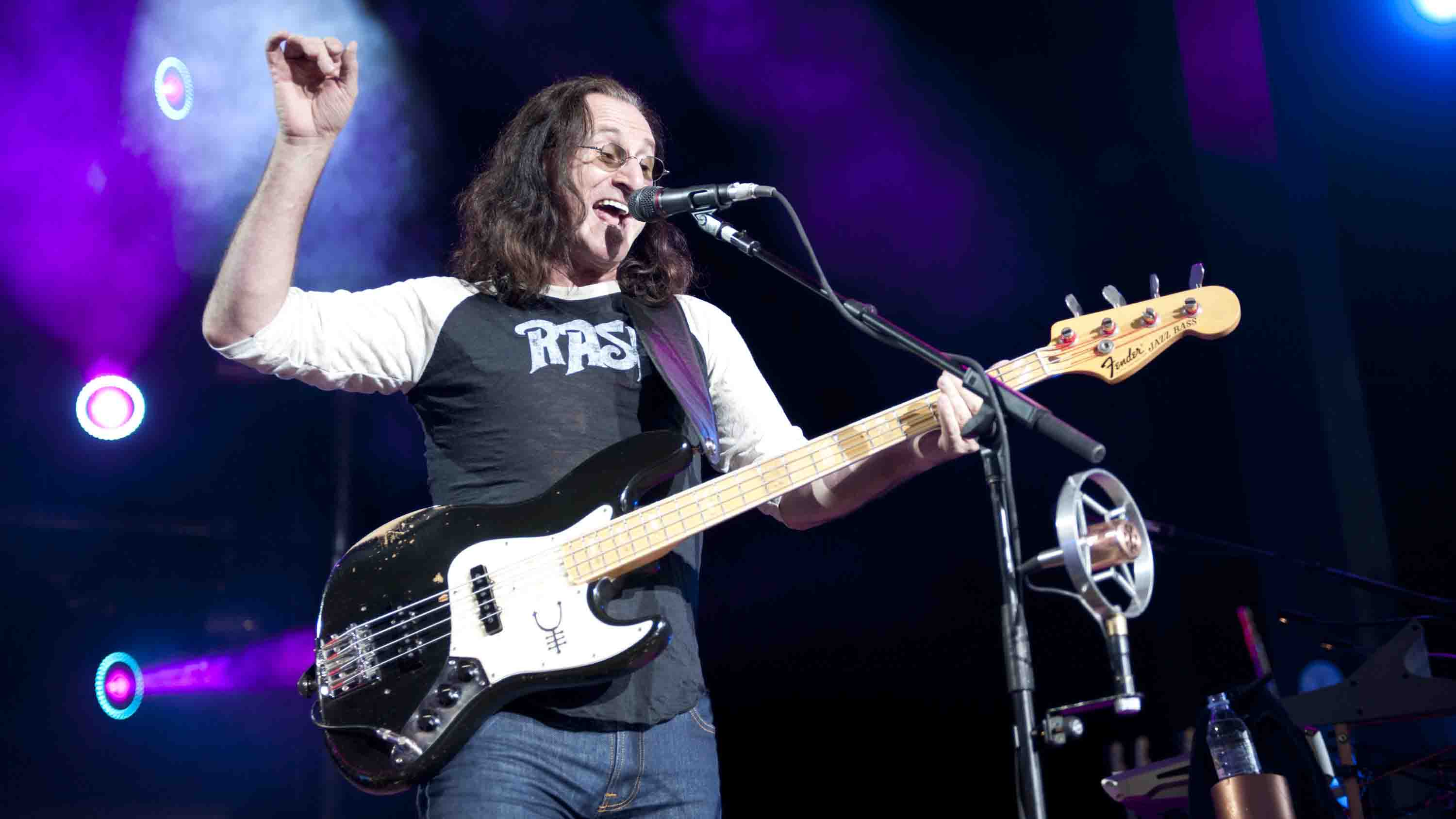
III. Discovery
“Discovery is where the hero of the story finds a device in a cave. It’s a guitar, but he doesn’t know it because they don’t exist in his time period. So he picks it up and realises that it’s a device that can make music and create sounds.
“Previous to that point, everything he’d ever heard had been provided to him by the people that run his world.”
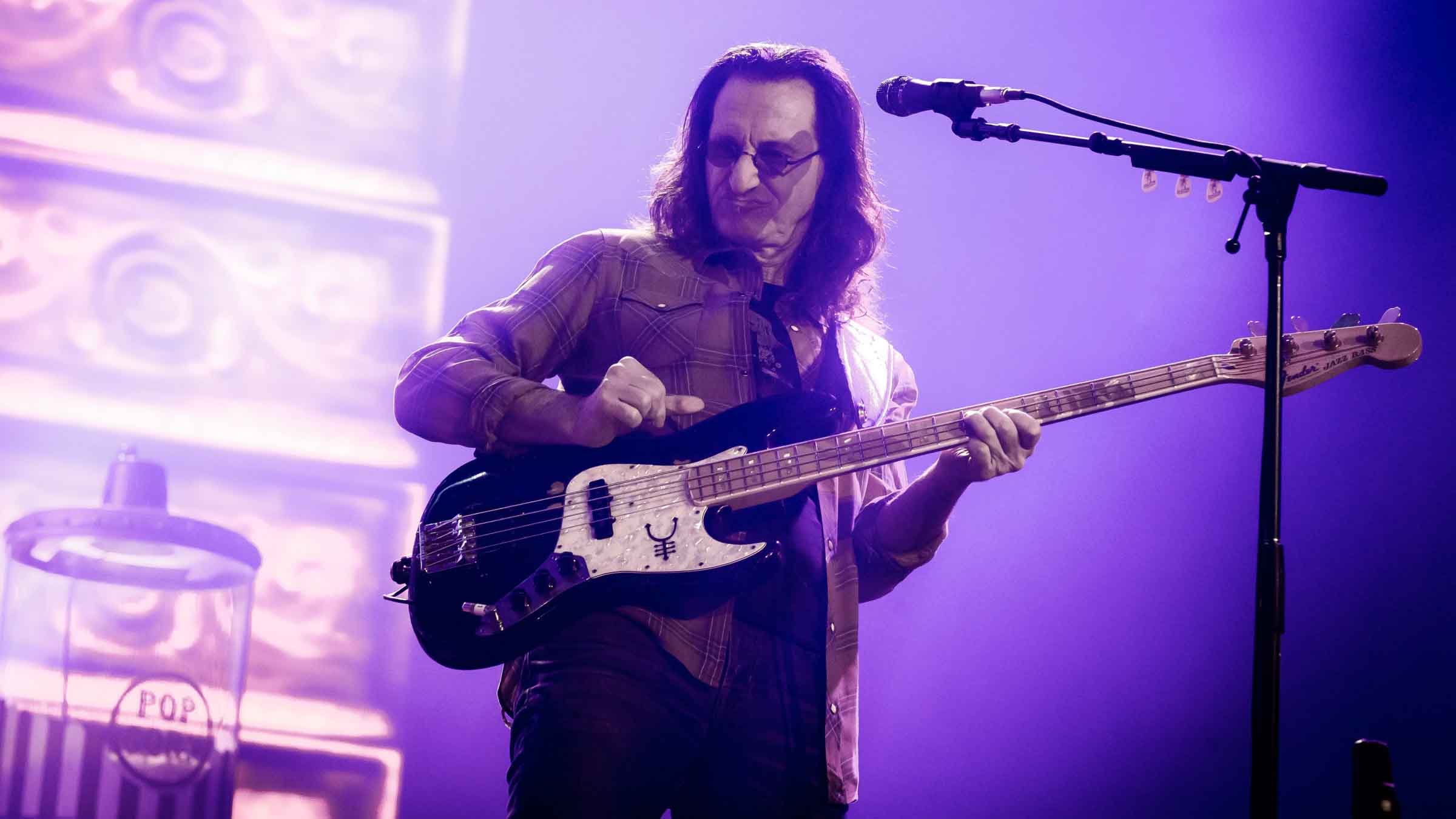
IV. Presentation
“The next part is about him taking this discovery to the Temples to show the overlords of his world. He’s basically saying, ‘Look at what I found! This is awesome, people can use this to create their own music, they don’t need to listen to what you guys are making any more.’
“And of course, they shut the man right down because it’s not allowed. It’s all about control. So he becomes desolate and runs away...”

V. Oracle: The Dream
“At this point, he’s feeling completely depressed and disillusioned with the world he lives in. He falls asleep and dreams of a better world. When he wakes up, there’s an apocalyptic battle.
“The listener is left with the decision over whether his society has been liberated by another society that have come and assumed control…”

VI. Soliloquy
“…Or if you’re a pessimist, you are free to believe that the overlords have shut down the invasion and reacquired control. We left it up in the air, so the interpreter can use their own sense of life to decide what happens in the end.
“That’s what the libretto means… musically, it’s a soundtrack to that story.”
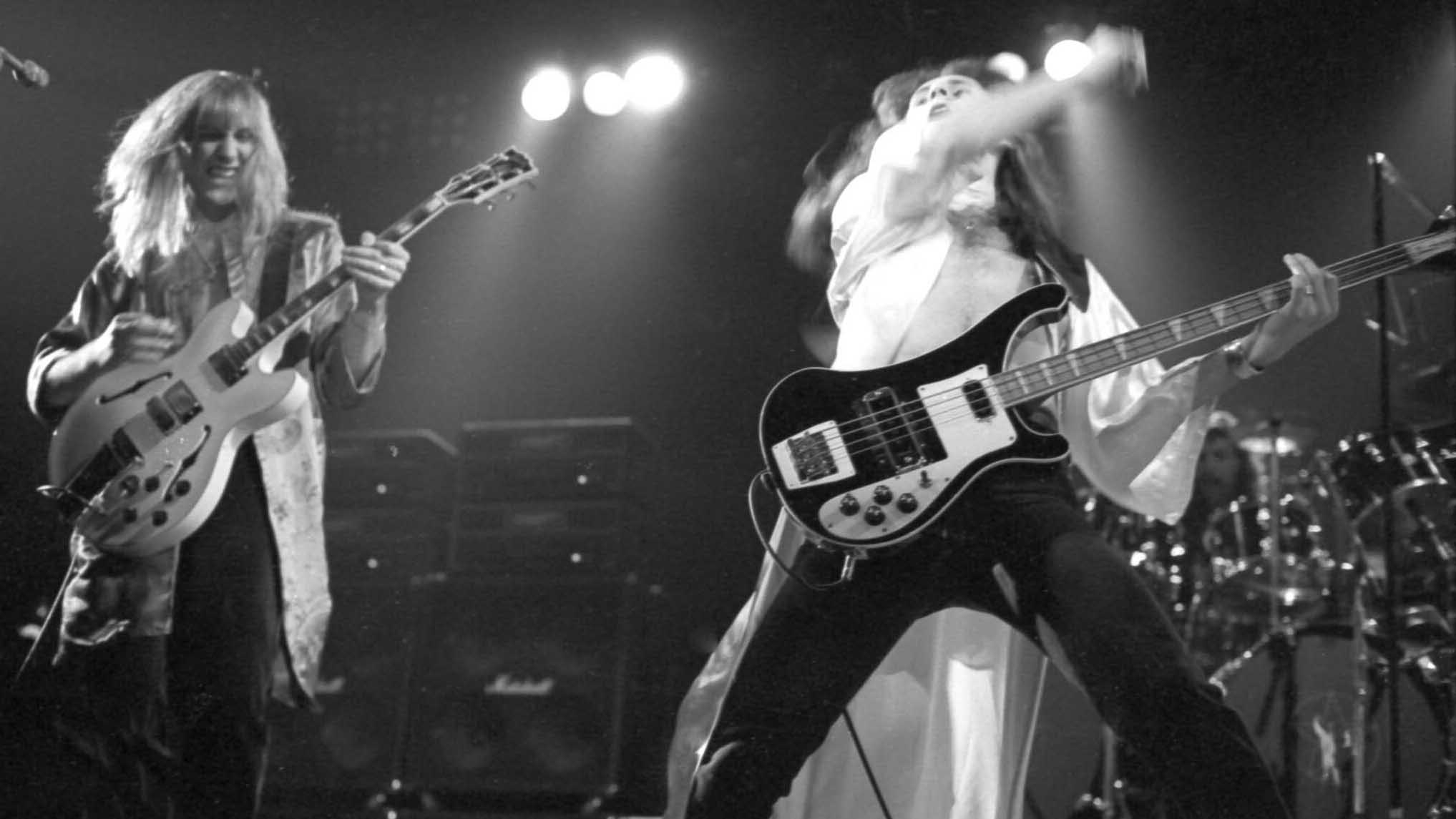
VII. Grand Finale
“This is the end of that story. We made it so you’d flip the record over and then you’ve got five individual songs that are stand-alone. Back in the day of vinyl, it was very normal to have a different experience on side two.
“It wasn’t the first time we did that; we did it on our previous album [1975's Caress Of Steel]. So, 2112 is like a 20-minute song of seven parts and then these tracks were included to add variety to the album, so the listening experience felt like more than one thing.”

8. A Passage To Bangkok
“This is basically a song about smoking pot! It’s a travelogue for all the places in the world that grow the best weed. It’s sort of comic relief in that sense… All kinds of places get mentioned – the first stop is in Bogota in Colombia then you’re in Bangkok, Thailand.
“Did it win the contest? I don’t know… but at the time, Thai sticks were very popular, ha ha!”
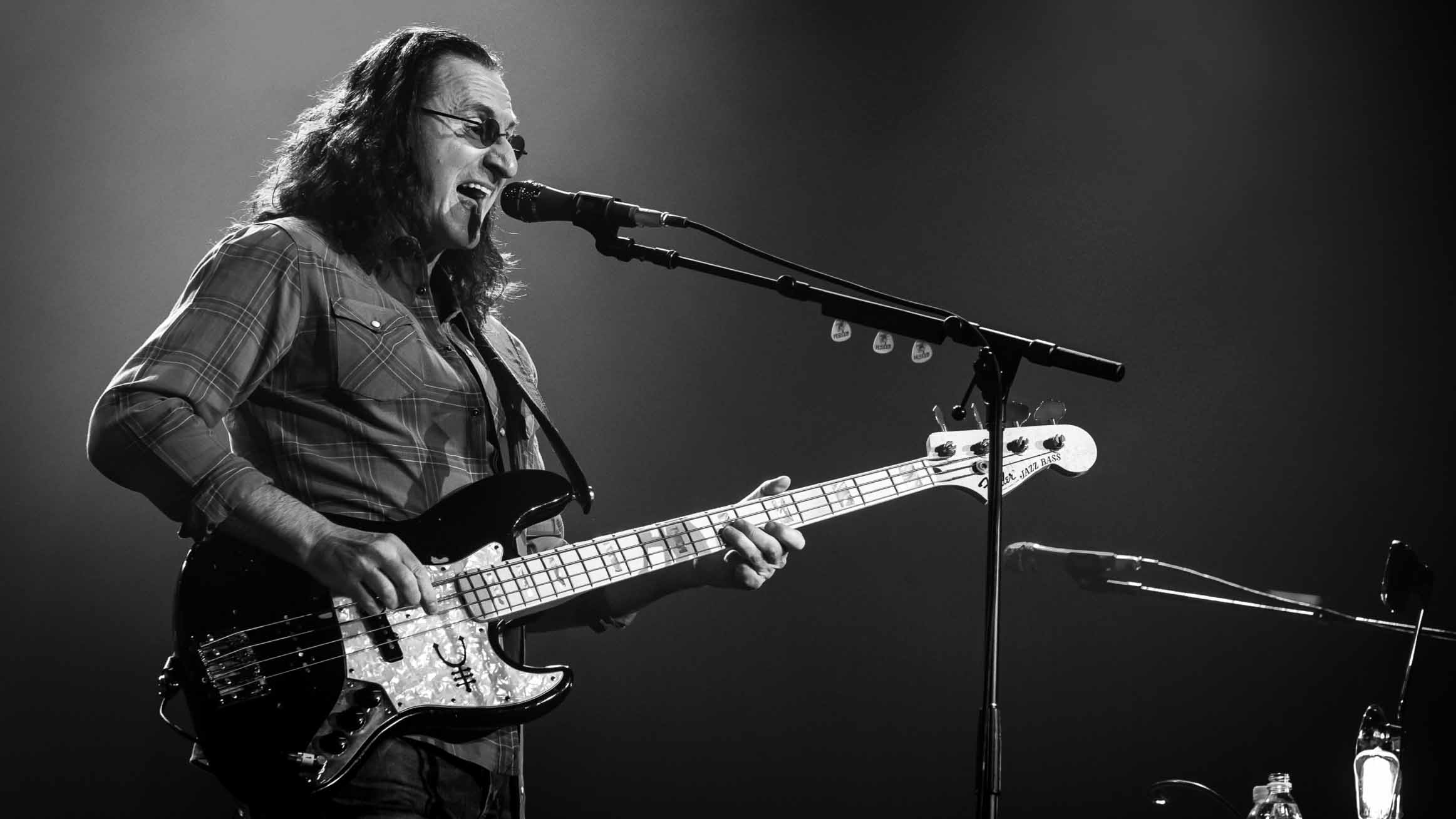
9. The Twilight Zone
“We wrote The Twilight Zone spontaneously in the studio when thinking, ‘Let’s put one more song on this album!’ We wrote this because we were big fans of the 60s TV show; it always had bizarre circumstances and a moral to each story. Be careful for what you wish for, that kind of thing.
“So this was a nod to that and the creativity of the person who used to write that show.”
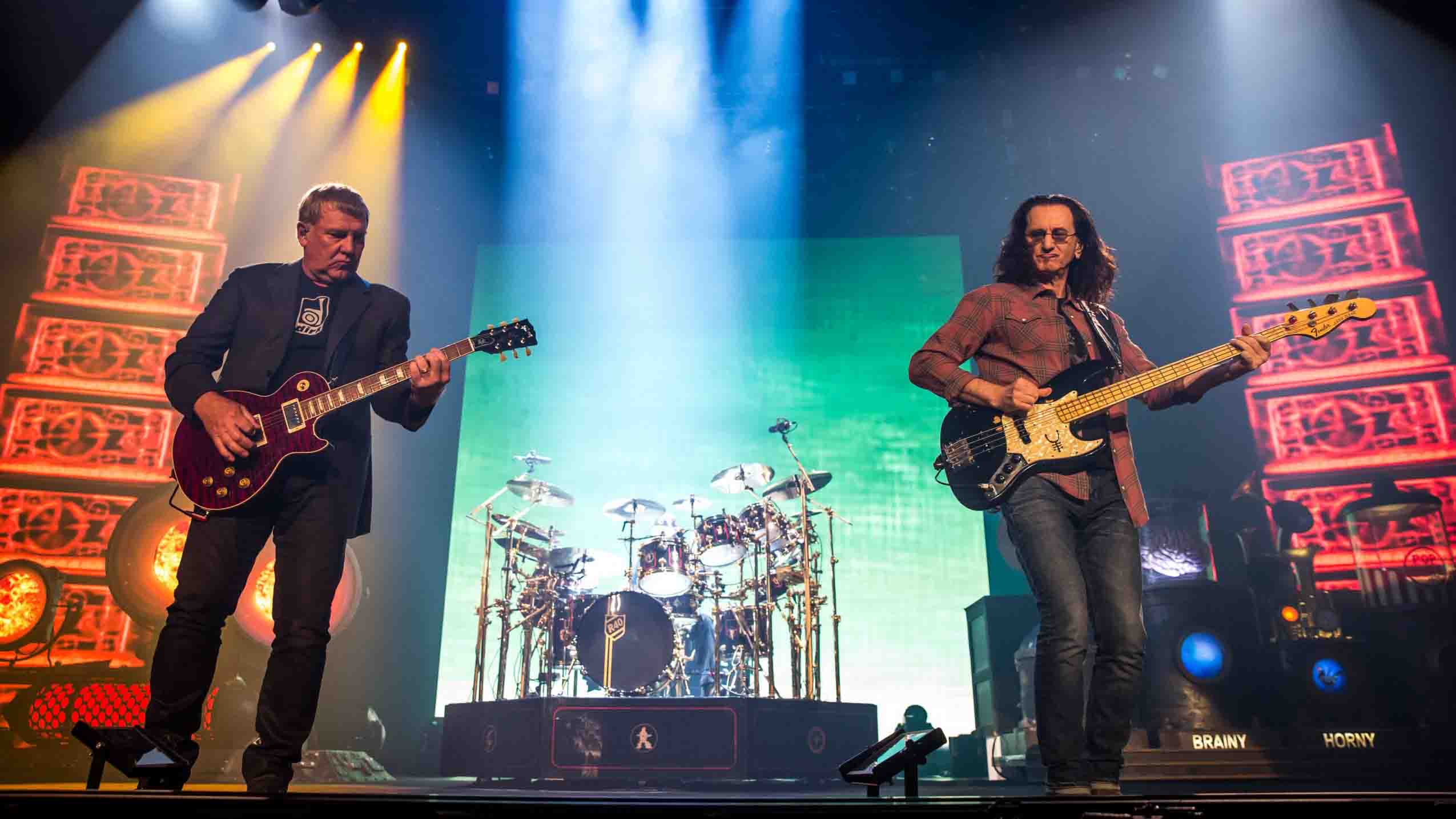
10. Lessons
“Though Neil writes the majority of our lyrics, me and Alex both wrote lyrics for one single song on 2112. So, Lessons is the one that Alex [Lifeson, guitarist] wrote all of the music and lyrics for, which is quite unusual for us.
“It’s a straight-up acoustic/electric rock song. I think your job as an artist is to absorb as much as you can from as many diverse sources as possible and then apply it to your own inner instinct. That’s what makes your own art: your instinct times a hundred other influences!”
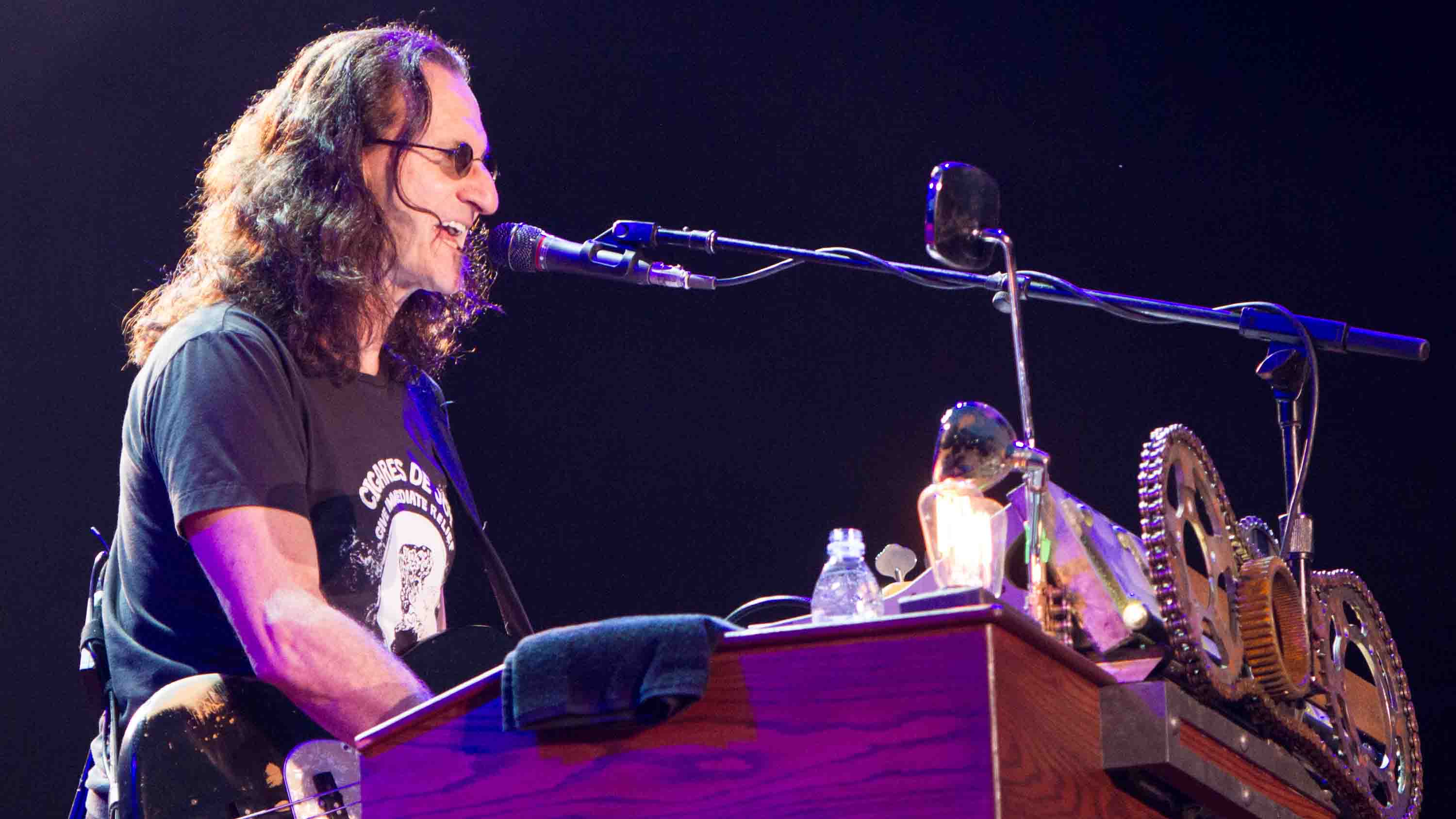
11. Tears
“This song marked the first time we used a Mellotron. The gentleman that does all our album covers is called Hugh Syme, and it’s actually him playing Mellotron here.
“Tears is a romantic ballad to give the album even more variety and depth. Mellotrons are very unique-sounding; they sound sorta electric, but also kinda stringy, they have this real resin-y sound to them, which is very cool and unique to that period.”

12. Something For Nothing
“This is our balls-to-the-wall rocker, and is a song about freewill and decision-making. So, I guess it’s different to the rest of side two because it’s a song that does relate to the first side, and very much so, actually. It’s the last song on the album so we wanted to do that.
“I think concepts like this are kinda limitless. There are no real reference points, you can write your own ticket and get away with anything. It’s not reality… because the unreal is whatever you want to make it, and that’s why it’s so useful as a story-telling tool and soundtrack for whatever weird music you wanna come up with!”
Don't Miss
Rush's Geddy Lee talks R40 Live and future prospects: "Our touring life might be over"
Amit has been writing for titles like Total Guitar, MusicRadar and Guitar World for over a decade and counts Richie Kotzen, Guthrie Govan and Jeff Beck among his primary influences. He's interviewed everyone from Ozzy Osbourne and Lemmy to Slash and Jimmy Page, and once even traded solos with a member of Slayer on a track released internationally. As a session guitarist, he's played alongside members of Judas Priest and Uriah Heep in London ensemble Metalworks, as well as handling lead guitars for legends like Glen Matlock (Sex Pistols, The Faces) and Stu Hamm (Steve Vai, Joe Satriani, G3).
